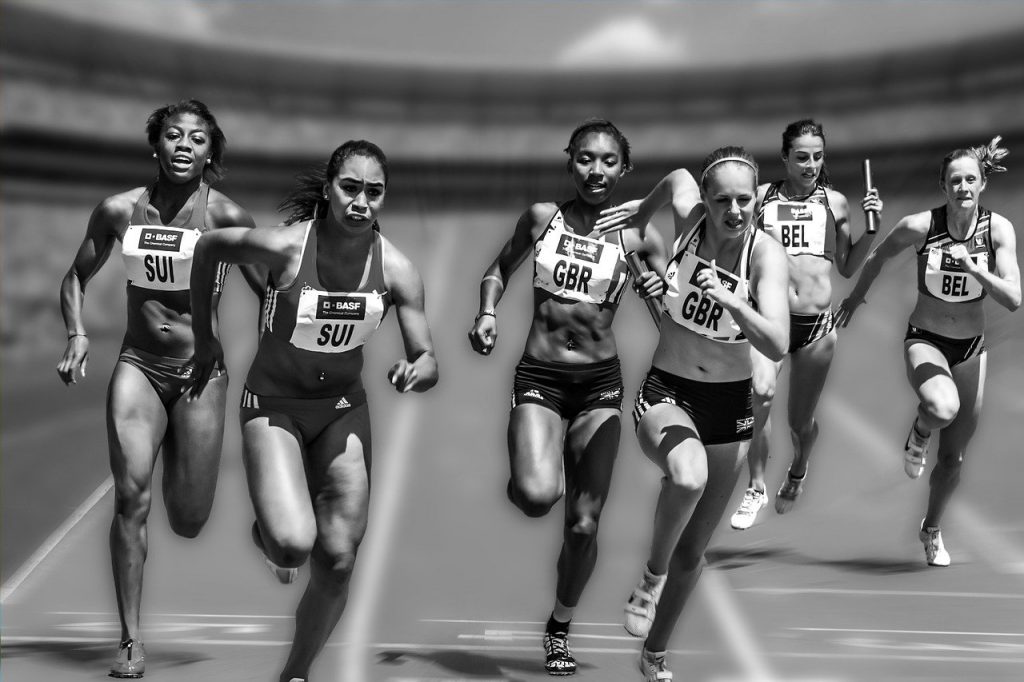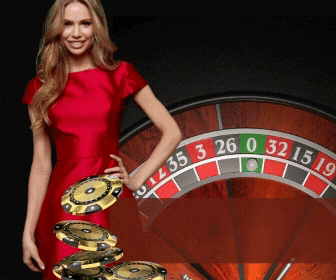If a player or coach thinks he or she is not going to get caught, there is a very high probability that it will be someone else. If betting platforms can track each online casino bonus they issue, you bet your bottom dollar they’ll eventually be able to detect patterns akin to what is essentially “insider trading” in this way.
To avoid dismissals or fines, it is important to stay away from any kind of sports betting. In order to preserve the authenticity of the result of games in the sports world, bet on sports outside of the games of players and coaches of their own teams is forbidden. NBA players are not allowed to bet on games, compete, tip each other or place bets.
For example, they cannot bet on football, but they can gamble in legal casinos. As we have already mentioned, most sportsmen and women can bet on anything, not just the sports they play. Still, some players are allowed to bet on things that have nothing to do with NBA, such as card games, shooting contests, video games, March Madness and brackets.
Footballers are allowed to bet on other team sports depending on the contract. Betting options in college athletics vary according to sports betting, but usually do so in Division I sports, the main sport of basketball.
As with most sportsmen, footballers can spend as much of their money as they like in legal casinos and racecourses. However, athletes are at a higher risk of developing gambling problems due to their natural competitiveness.
To protect the integrity of college competitions, NCAA rules prohibit student-athletes from betting money on sports events that the NCAA conducts outside of college championships. Violation of these rules can result in the student athlete losing his or her right to compete, which has a significant negative impact on the athlete and his or her team. Sports betting between students and athletes can have negative consequences, but the behaviour should not be considered excessive or pathological.
Despite NCAA rules banning sports betting with money, 26 percent of male student-athletes said they did, and 8 percent had bet on a sport at least once. Of particular concern is the culture around golf courses, where betting is seen as a normative aspect of the experience.
Stakeholders say banning bets on college sports would put money on the table and open the door for the black market to continue to prosper. It will be interesting to see if the progress in this regard is as comprehensive as some say, but the overwhelming offers that have emerged in the US for sports betting have raised fears that gambling will become more widespread, a situation that is already evident in Europe.
Unions representing professional athletes have started lobbying states to consider legal sports betting by seeking to protect athletes from threats and harassment from those who are attempting to manipulate their on-field performance for monetary gain. In documents distributed to state and federal lawmakers and obtained by The Associated Press, lawyers for five players’ unions called on the states to pass laws and regulations that protect players from reporting contact with people trying to influence games. As states consider legalizing sports betting, a key part of the discussion is how to keep gambling money out of the states and keep it flowing to the pockets of local illegal bookmakers.







